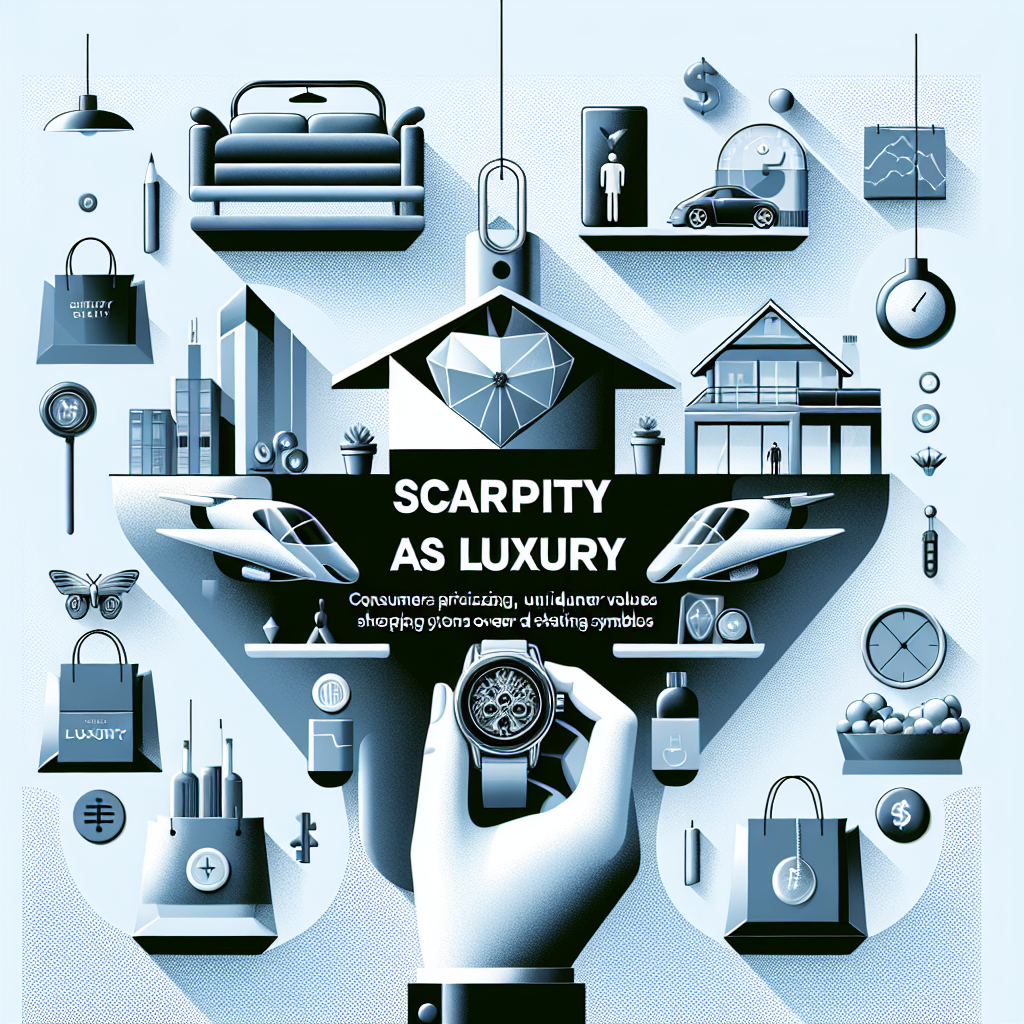The Iteration Mindset in Marketing Teams
The revelation struck Nitish during an executive review of their quarterly marketing performance. Despite significant investment in a major campaign launch, the results had fallen substantially short of projections. As they analyzed the failure, the Chief Technology Officer posed a question that would transform their approach: "Why doesn't marketing iterate like product development?" The question highlighted a stark contrast between the engineering team's rapid testing and refinement cycles and the marketing team's "big bang" campaign launches. While the product developers embraced iteration as fundamental to their process, marketing maintained a perfection-before-publication mindset that limited learning and adaptation. That conversation catalyzed Nitish's exploration into how marketing organizations could adopt the iterative methodologies that had proven so effective in product development. Could marketing campaigns be developed through progressive refinement rather than linear execution? This question launched his investigation into the iteration mindset in marketing teams.
Introduction: The Evolution of Marketing Execution
Traditional marketing execution has followed campaign-based approaches characterized by extended planning periods, substantial upfront investment, and limited flexibility after launch. However, as market conditions accelerate and consumer preferences evolve more rapidly, this linear methodology increasingly fails to deliver optimal outcomes.
Research from the Marketing Technology Institute indicates organizations implementing iterative marketing approaches demonstrate 37% higher campaign ROI and 42% improved market responsiveness compared to those using traditional campaign methodologies. Similarly, a study published in the Journal of Marketing Management found companies embracing "agile marketing practices" report 29% faster time-to-market and 34% higher marketing team satisfaction.
As noted by marketing strategist Scott Brinker, "Marketing's future belongs to the fast, not the big." This principle has transformed how market leaders approach campaign development and execution.
1. Rituals
The foundation of iterative marketing lies in establishing structured team rituals that create rhythm and discipline around continuous improvement processes.
Leading marketing organizations have adapted core agile methodologies including sprint planning, daily standups, retrospectives, and showcase sessions to create consistent cadences for work execution, coordination, and refinement.
These rituals shift from calendar-driven workflows to delivery-focused cycles that maintain momentum while creating space for regular reassessment and adjustment.
Financial services company Capital One implemented "marketing scrums" across their acquisition teams, establishing two-week sprint cycles with dedicated planning, standups, reviews, and retrospectives. This approach increased campaign implementation velocity by 31% while improving performance metrics.
Global retailer Adidas adopted what they call "marketing sprints" with structured rituals including weekly showcases where concepts receive cross-functional feedback before scaling investment. This methodology has significantly reduced campaign underperformance while accelerating concept-to-market timelines.
Marketing teams implementing structured agile rituals report improved work visibility, reduced execution bottlenecks, and more effective cross-functional collaboration compared to traditional campaign approaches.
2. Role of Experimentation Culture
Beyond process rituals, successful iterative marketing requires fundamental cultural shifts that elevate experimentation from occasional tactic to core organizational value.
This transformation involves establishing psychological safety around testing, developing systematic hypothesis frameworks, implementing rapid validation methodologies, and creating organizational mechanisms for scaling validated approaches.
Effective experiments feature clearly defined success metrics, appropriate scale limitations during testing, and structured processes for implementing insights.
Beauty retailer Sephora developed what they call "marketing experiments studios" where small, dedicated teams run continuous tests across customer touchpoints with explicit permission to challenge established practices. This approach has generated multiple breakthrough acquisition approaches that significantly outperform traditional methods.
Software company HubSpot famously institutionalized a "marketing experiments quota" requiring every team member to propose and run a minimum number of validated tests each quarter. This methodology has created a substantial innovation pipeline while strengthening team capabilities.
Organizations fostering experimentation cultures report faster identification of performance opportunities, more effective resource allocation, and stronger team capabilities for responding to changing market conditions.
3. Celebrating Learnings
Perhaps most critically, iterative marketing requires reimagining how organizations define and recognize success, shifting emphasis from flawless execution to valuable learning.
This transformation involves creating explicit mechanisms to document, share, and celebrate learnings regardless of performance outcomes, ensuring insights are valuable organizational assets rather than hidden failure evidence.
Successful implementations balance accountability for results with recognition for knowledge generation, creating environments where intelligent, well-designed experiments deliver value regardless of outcome.
E-commerce platform Shopify implements what they call "learning libraries" where marketing experiment results—both successful and unsuccessful—are documented with standardized templates and made accessible across the organization. This approach has dramatically reduced repeated mistakes while accelerating successful pattern adoption.
Transportation company Uber developed a "marketing insights exchange" program where teams regularly present experiment findings with explicit celebration of unexpected results that challenge organizational assumptions. This methodology has created significant competitive advantages through counter-intuitive discoveries.
Marketing teams that effectively celebrate learning report higher rates of innovation, stronger resilience during market changes, and more effective knowledge transfer across organizational boundaries.
Conclusion: The Strategic Value of Marketing Iteration
The adoption of iterative methodologies represents a fundamental shift in how marketing organizations approach campaign development and execution. Rather than focusing on perfect initial implementation, iterative approaches emphasize rapid learning cycles that progressively optimize performance.
This evolution acknowledges the reality that market conditions and consumer preferences evolve too rapidly for extended linear planning to remain effective. By embracing structured improvement cycles, organizations increase adaptability while reducing the costs of unsuccessful approaches.
As markets continue to experience accelerating rates of change, the organizations that thrive will be those that build systematic capabilities for rapid testing, learning, and adaptation rather than perfect but rigid execution.
Call to Action
For marketing leaders seeking to implement iterative approaches:
- Establish structured rituals that create consistent cadences for planning, execution, and reflection
- Develop experimentation frameworks that encourage appropriate risk-taking while maintaining accountability
- Create explicit mechanisms to capture, share, and celebrate learning regardless of performance outcomes
- Implement measurement systems that value progressive improvement rather than just absolute performance
- Build team capabilities for hypothesis development, test design, and insight implementation
The future belongs not to marketing organizations that occasionally experiment, but to those that transform experimentation into their fundamental operating system.
Featured Blogs

How the Attention Recession Is Changing Marketing

The New Luxury Why Consumers Now Value Scarcity Over Status

The Psychology Behind Buy Now Pay later

The Role of Dark Patterns in Digital Marketing and Ethical Concerns

The Rise of Dark Social and Its Impact on Marketing Measurement








